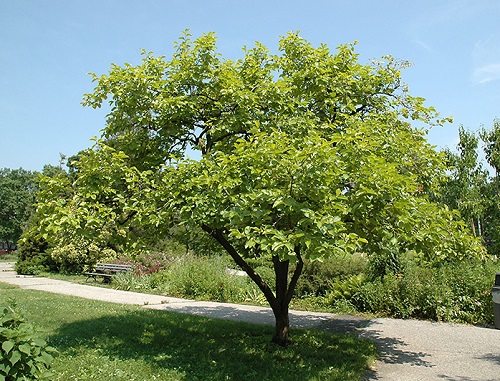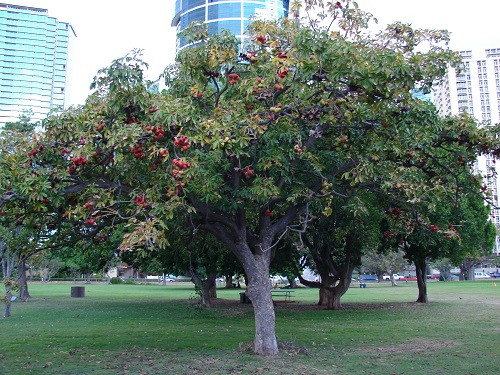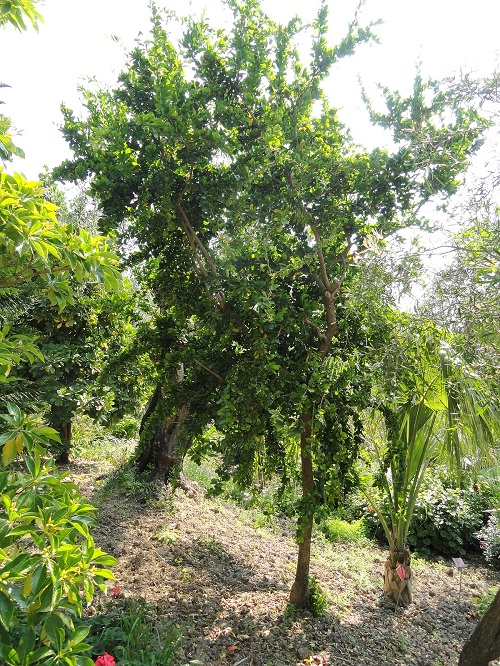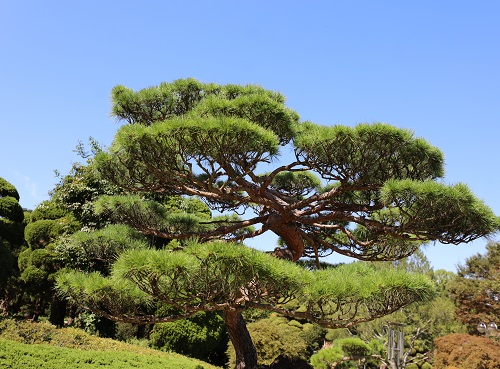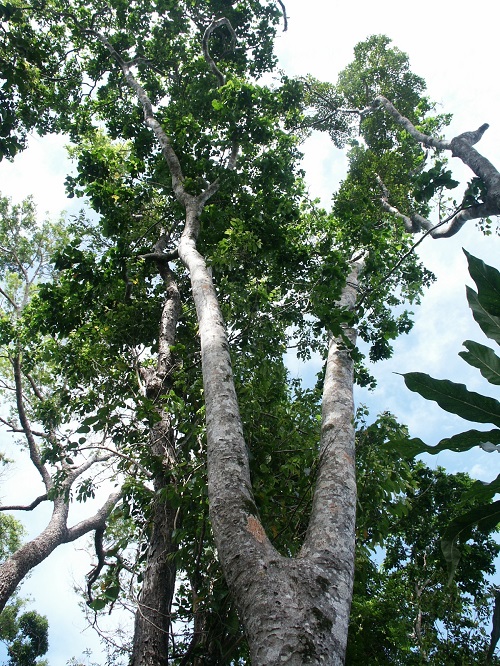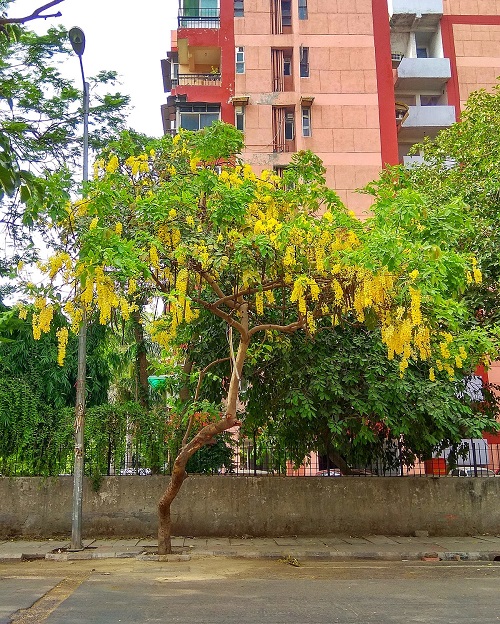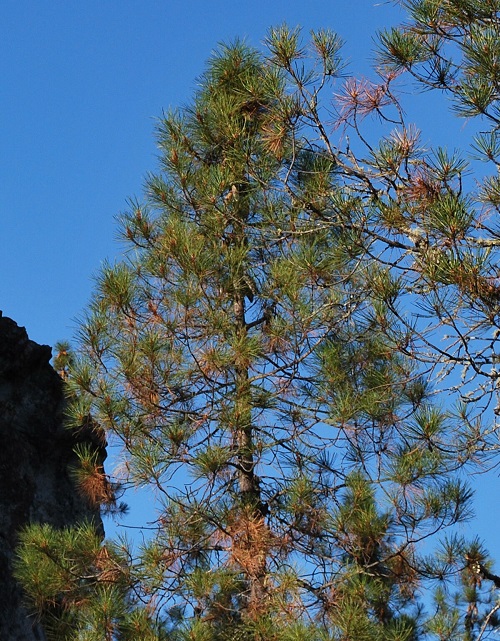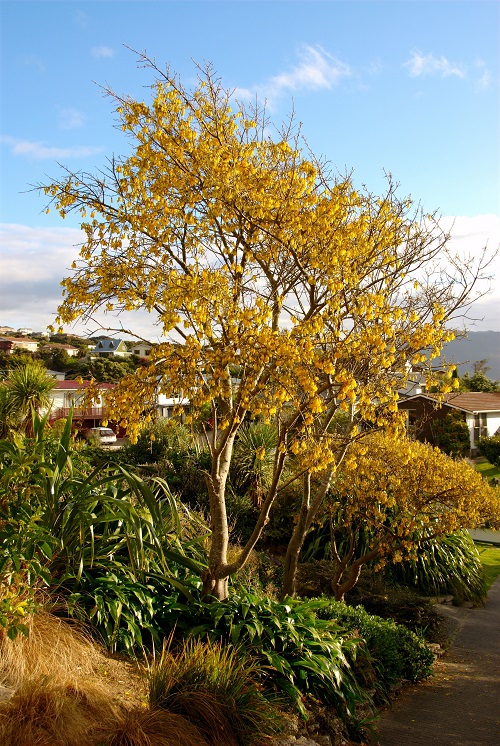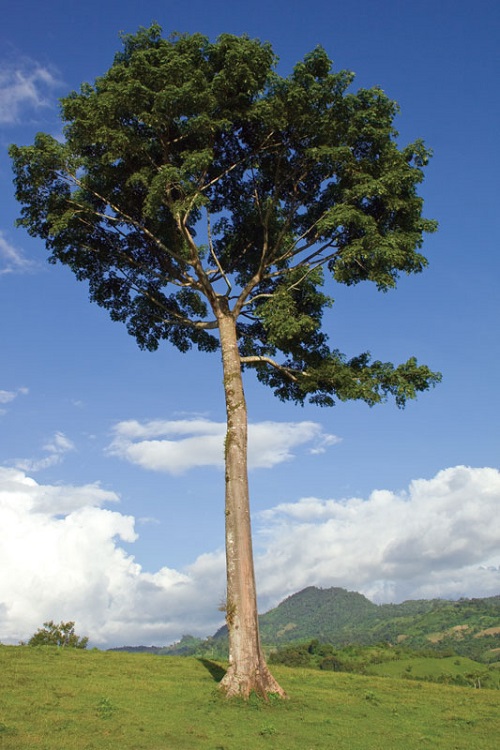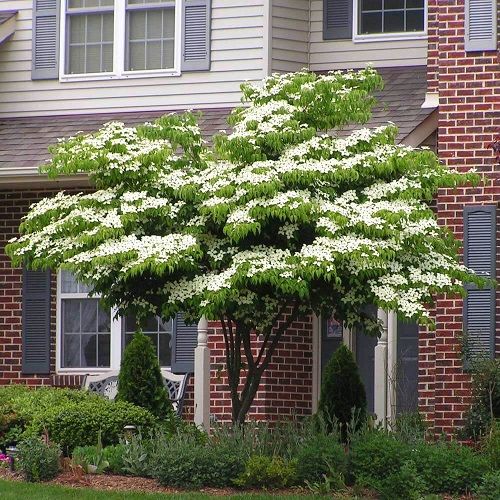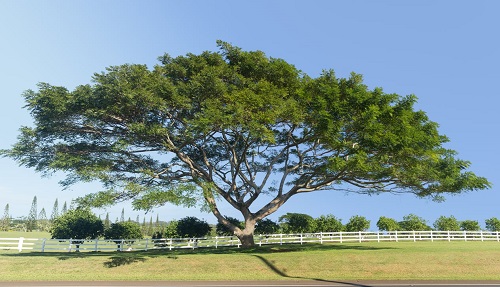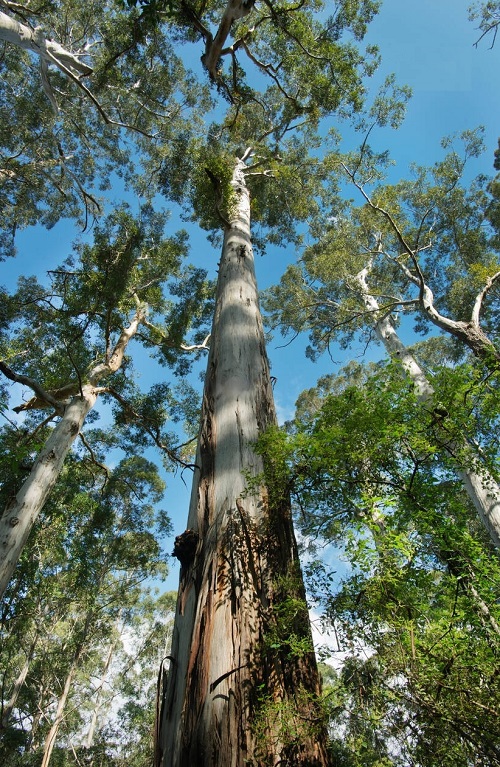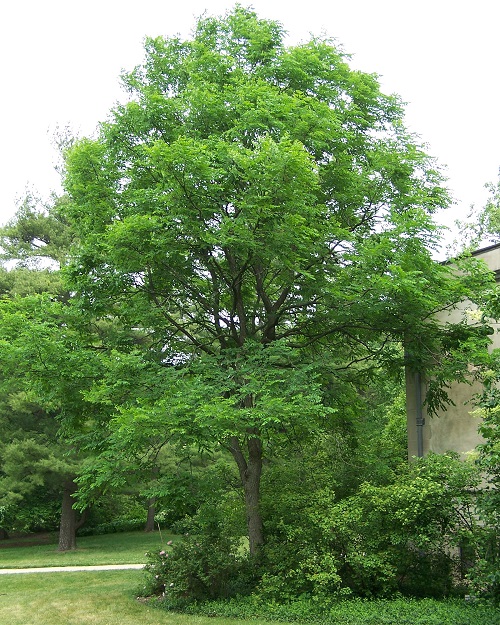Discover Trees That Start with K for an unbeatable garden aesthetic! From Kaki to Kanuka, find the ideal species to elevate your landscape!
Are you considering adding a new tree to your garden but are overwhelmed by the choices? Why not narrow down the list to Trees That Start With the Letter K? From exotic tropical varieties to hardy natives, this guide has a lot of options.
Trees That Start With K
1. Kaki Tree
Botanical Name: Diospyros kaki
Kaki, also known as the Japanese Persimmon, boasts glossy green leaves and vibrant orange fruit. Its striking appearance adds a splash of color to any landscape.
2. KalumpangTree
Botanical Name: Sterculia foetida
The Kalumpang tree stands out with its umbrella-like canopy and odorous blooms. This tree can reach a height of up to 115 feet.
3. Korean Mountain Ash
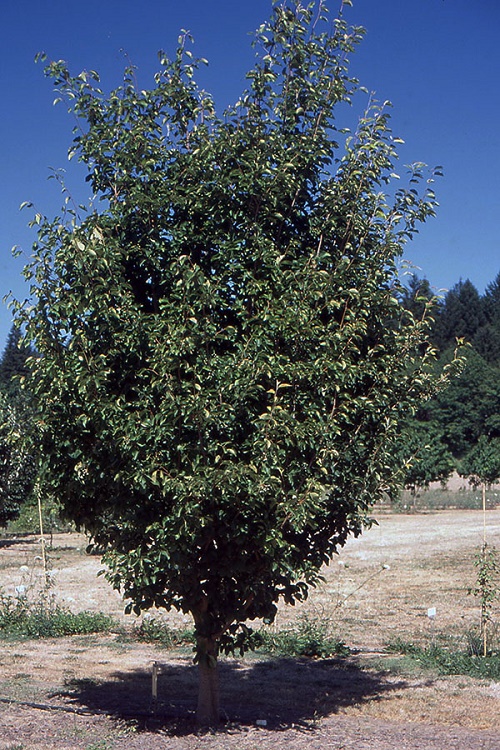
Botanical Name: Sorbus alnifolia
Known for its attractive berries and flowers, the Korean mountain ash provides year-round interest. It’s an excellent choice for gardens needing a small, ornamental tree.
4. Kadam
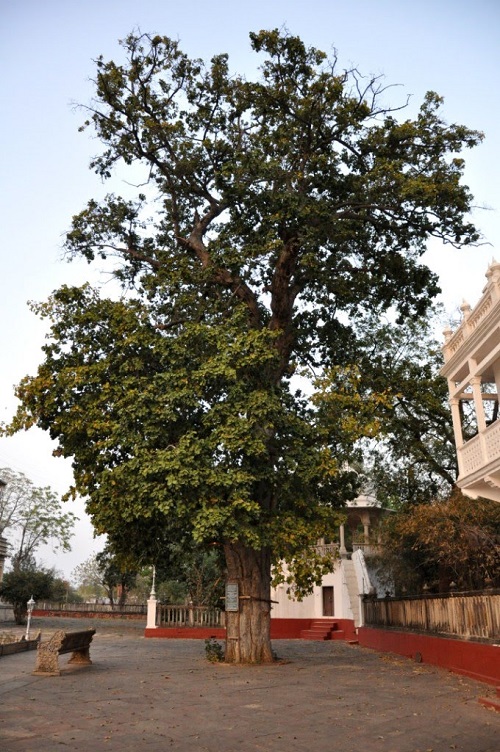
Botanical Name: Neolamarckia cadamba
The Kadam tree is admired for its fragrant, globe-shaped orange flowers. Its fast growth makes it an ideal addition to tropical and subtropical gardens.
5. Kukui Nut Tree
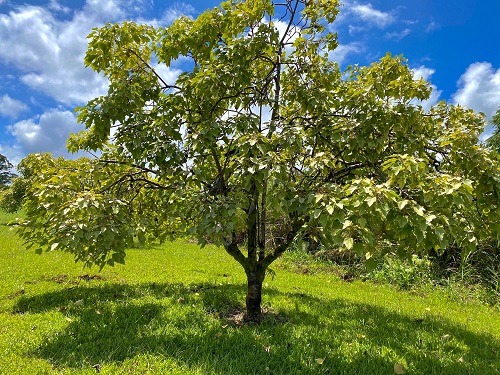
Botanical Name: Aleurites moluccanus
Aleurites moluccanus, known as the kukui, is a tropical tree indigenous to Southeast Asia and the Pacific Islands. This tree serves multiple purposes, as its oil-rich seeds are used for making candles, cosmetics, and even cooking oils.
6. Kenai Birch
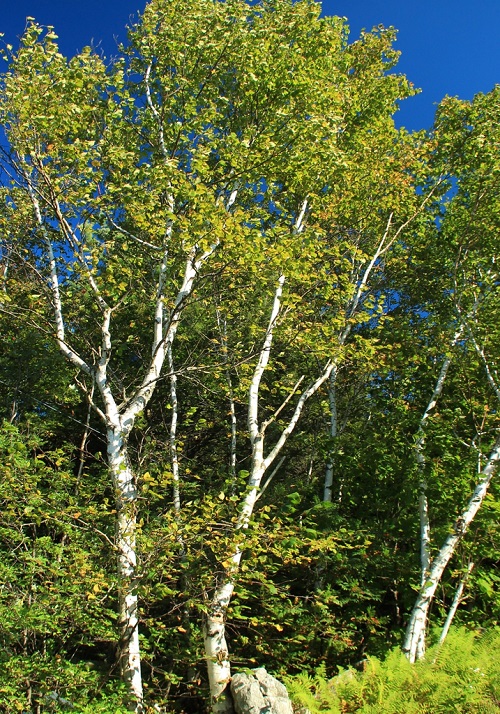
Botanical Name: Betula kenaica
The Kenai birch displays striking white bark and catkins in late spring. Ideal for well-drained, acidic soils, this tree is resistant to pests and diseases.
Explore the List of Trees that Start with D here
7. Kei Apple
Botanical Name: Dovyalis caffra
The Kei apple tree is a Southeastern African native with leathery, oblong evergreen leaves and tangy fruits. This multi-branched small tree can grow up to 20-30 feet.
8. Korean Pine
Botanical Name: Pinus koraiensis
The Korean pine bears clusters of slender, dark-green needles and decorative cones. This evergreen conifer adds year-round interest and texture to landscapes.
Discover the Trees that Start with E here
9. Kwila Tree
Botanical Name: Intsia bijuga
Also known as Merbau, the Kwila tree is notable for its durable timber and small yellow flowers. Its termite-resistant wood is a valued material in furniture making, flooring, and other uses.
10. Key Lime Tree
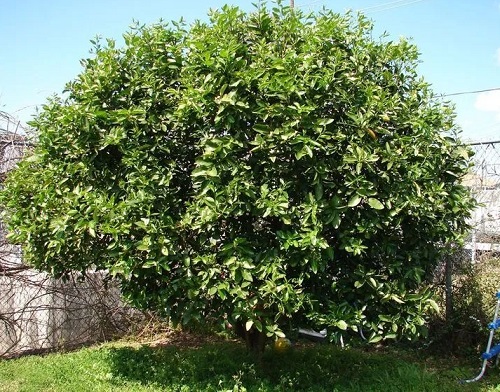
Botanical Name: Citrus aurantifolia
The Key Lime tree offers aromatic leaves and zesty fruits. These features make it a notable mention among the trees that start with K.
Check Out the List of Trees that Start with F here
11. King Billy Pine
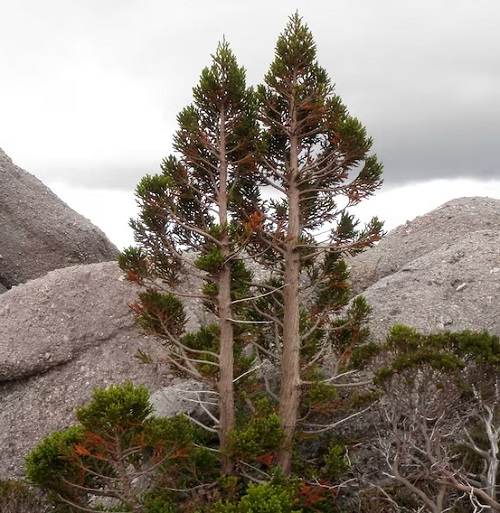
Botanical Name: Athrotaxis selaginoides
King billy pine is an evergreen conifer native to the mountainous regions of Tasmania, Australia. This fire-sensitive tree can live for more than 1000 years.
12. Kanikonna
Botanical Name: Cassia fistula
Also known as the golden shower tree, Kanikonna is endemic to South Asia and produces striking yellow flower clusters. It adds a vibrant hue to gardens with its eye-catching blooms.
13. Knobcone Pine
Botanical Name: Pinus attenuata
The knobcone pine stands out with its unique, conical-shaped cones that release seeds in response to fire. Its rugged appearance and adaptability to various conditions make it an intriguing choice for gardens.
14. Kowhai
Botanical Name: Sophora microphylla
Local to New Zealand, the Kowhai tree captivates with its vibrant yellow flowers and delicate, fern-like foliage. Its nectar-rich blooms attract native birds.
Read the Best Trees that Start with the Letter H here
15. Kapok Tree
Botanical Name: Ceiba pentandra
Ceiba pentandra, commonly known as the Kapok tree, is a tropical tree known for its large size and buttressed trunk. The tree produces a cotton-like fluff from its seed pods, which is used for stuffing pillows and mattresses.
16. Kurrajong Tree
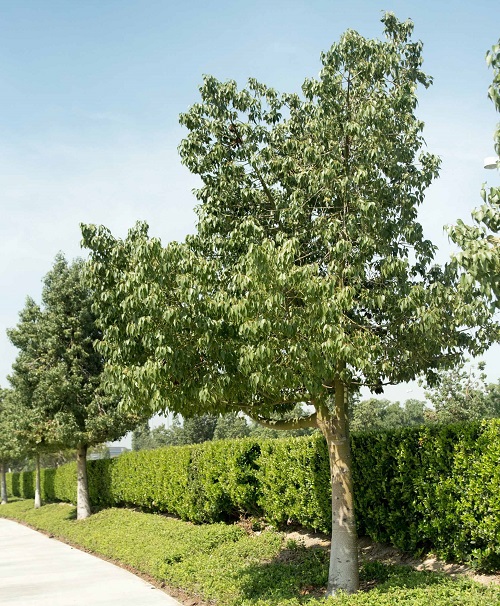
Botanical Name: Brachychiton populneus
Kurrajong is a versatile tree that features bell-shaped flowers. The tree is drought-tolerant, making it a popular choice for low-maintenance and water-efficient landscapes.
17. Kauri Pine
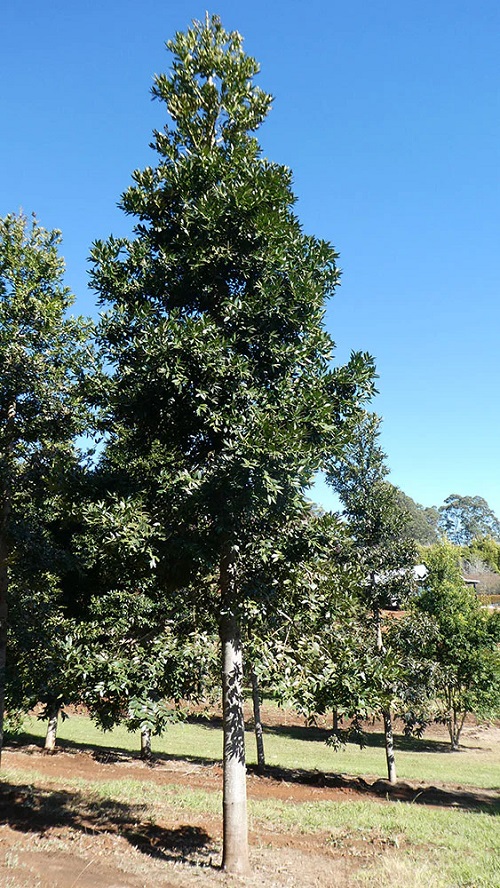
Botanical Name: Agathis australis
The kauri pine is a massive evergreen tree popular for its timber and resin. It admires well-draining soil and full sun to part shade for prolific growth.
18. Kahikatea
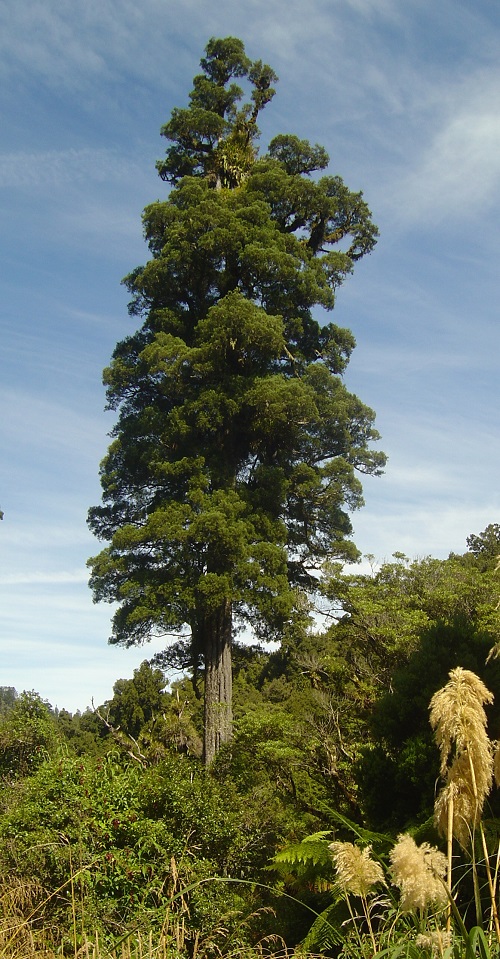
Botanical Name: Dacrycarpus dacrydioides
The Kahikatea tree is primarily known for its towering height, often reaching up to 60 meters. This tree produces small, berry-like cones that attract a variety of bird species.
19. Karaka Tree
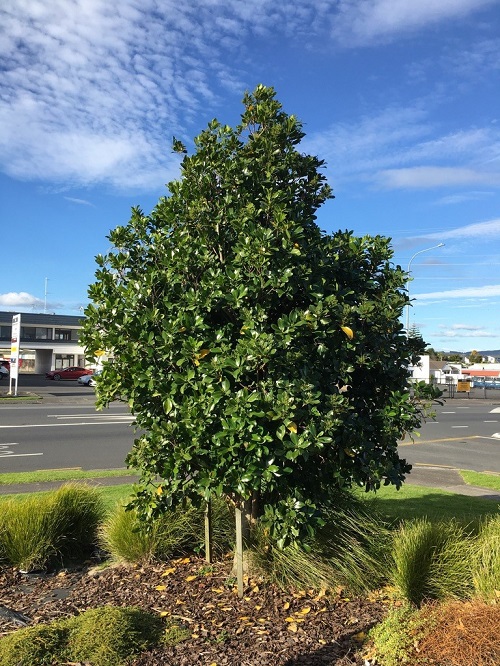
Botanical Name: Corynocarpus laevigatus
Indigenous to New Zealand, the karaka tree features glossy, evergreen leaves and orange berries. The fruit is a favorite among local bird species.
20. Kousa Dogwood
Botanical Name: Cornus kousa
The kousa dogwood stands out with its showy, star-shaped flowers that appear in late spring to early summer. Its distinctive pointed petals offer visual interest throughout the seasons.
21. Koa
Botanical Name: Acacia koa
The Koa Tree, native to Hawaii, showcases striking, curly-grained wood and fern-like foliage. Its timber is highly prized for woodworking. Grow this tree to add a touch of tropical elegance to your garden.
22. Karri Tree
Botanical Name: Eucalyptus diversicolor
Karri trees are popular for their towering height and straight trunks. These trees that start with K are the biggest in Western Australia, reaching up to 200-250 feet in height.
23. Katsura
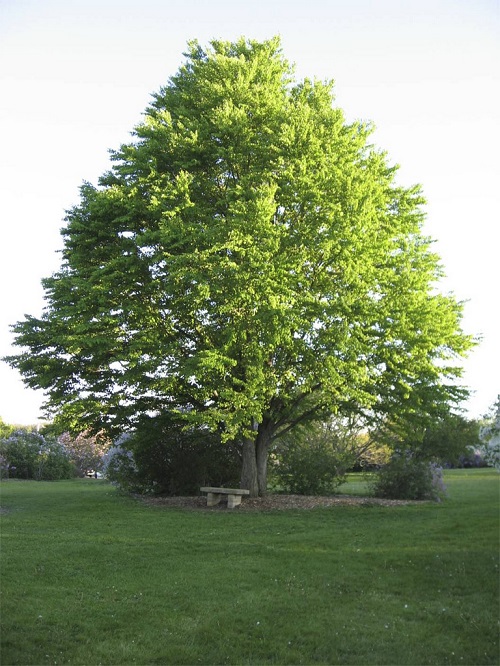
Botanical Name: Cercidiphyllum japonicum
The Katsura tree is notable for its fragrant heart-shaped leaves and showy flowers. When nourished with acidic soils, this tree produces more showy leaves in autumn.
24. Kentucky Coffee Tree
Botanical Name: Gymnocladus dioicus
With its compound leaves and rough-textured bark, the Kentucky coffee tree adds an interesting architectural element to any garden. The seeds can be roasted and used as a coffee substitute.
25. Kanuka Tree
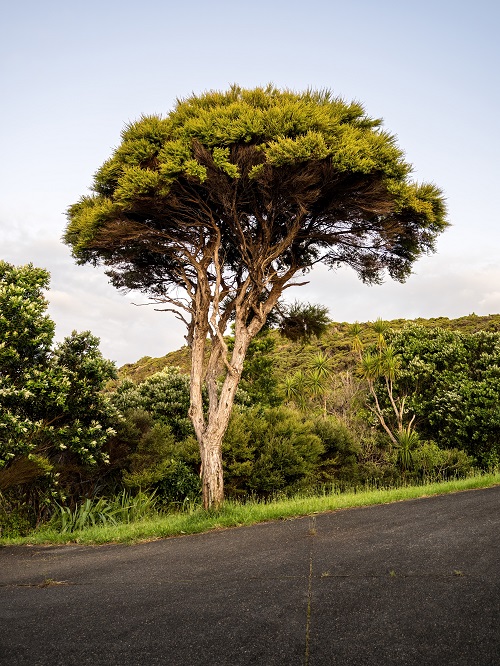
Botanical Name: Kunzea ericoides
The Kanuka tree features small white flowers and needle-like leaves. Known for its hardy nature and adaptability, it’s often used for erosion control and as a windbreak.

